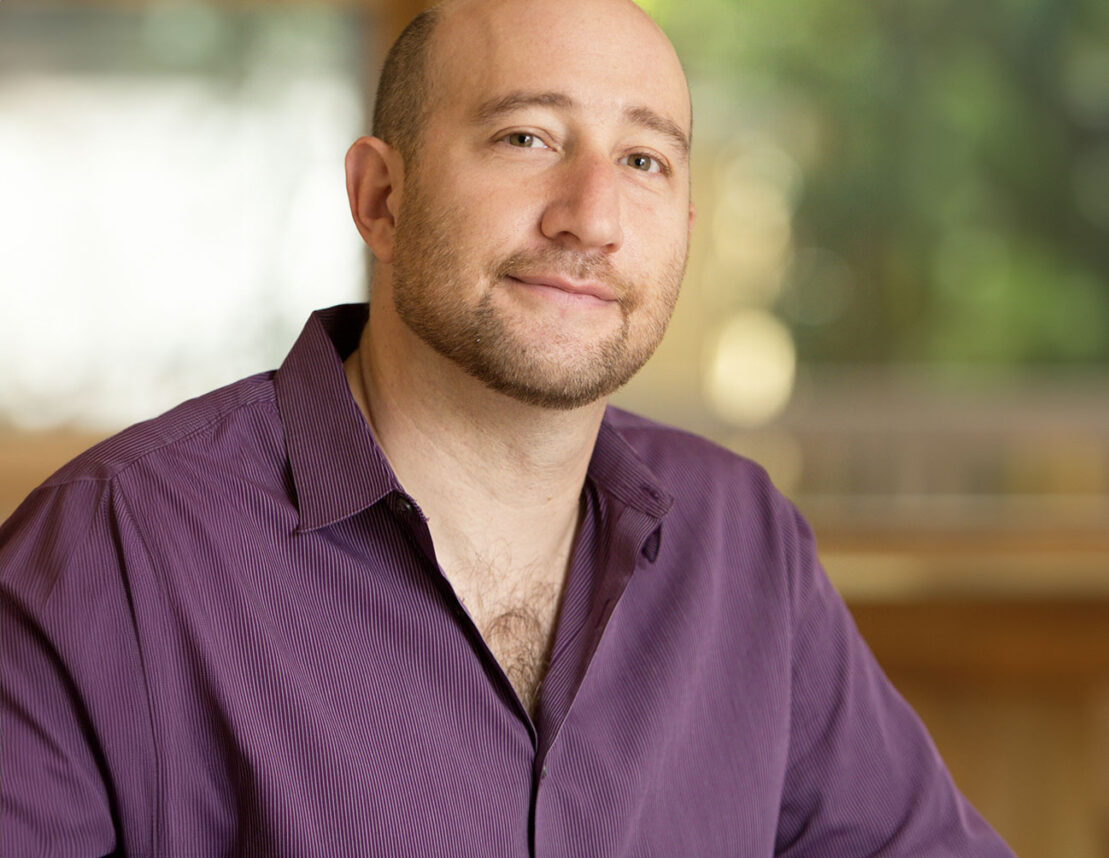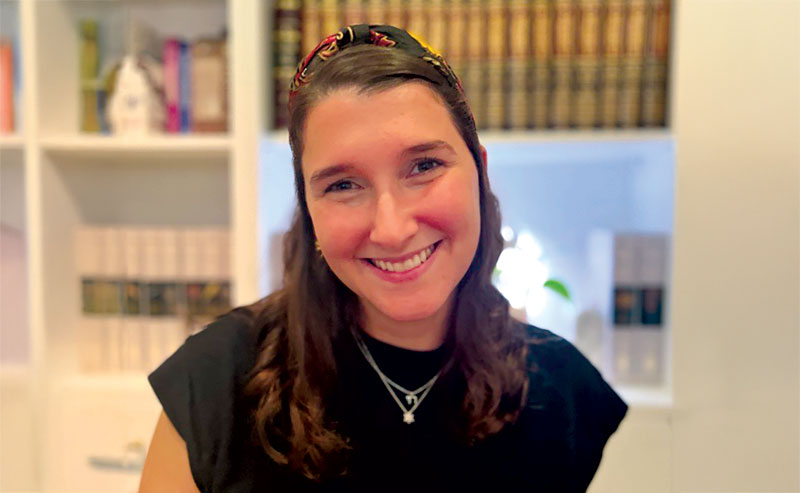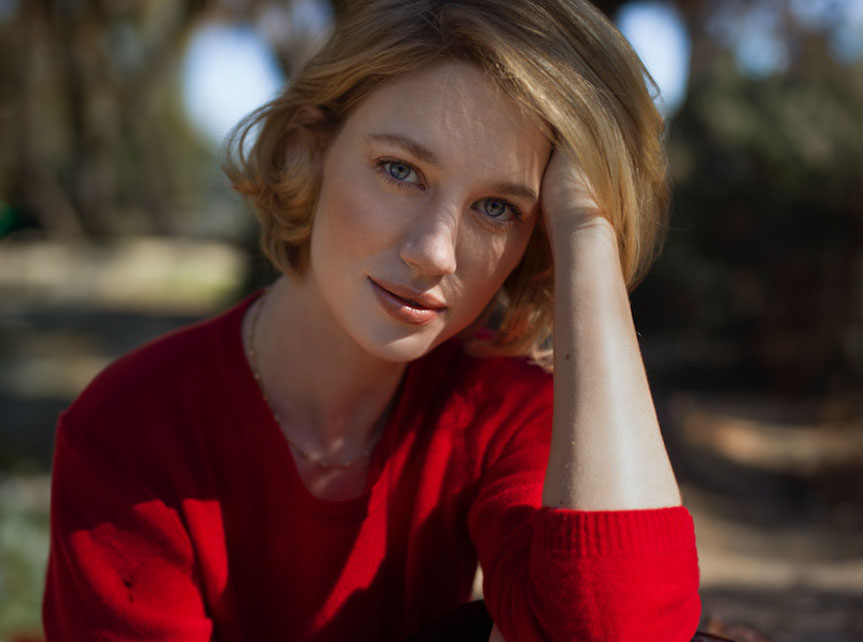At the ripe age of 8, I learned the Peter Allen song “Everything Old Is New Again.” It may have been an unusual choice for an 8-year-old to crave hearing over and over. But for me, this song was synonymous with dance class, doing the soft shoe that landed me on stage for the annual spring recital: “Don’t throw the past away, you might need it some rainy day, dreams can come true again, when everything old is new again.”
When I was 8, I didn’t really understand the power of these words. There was nothing that was old in my young memory, except the adults that surrounded me. Yet as we all age, eventually we do remember more and more things that once were new. Remember that fresh, pure feeling that washed over you when you gained a new perspective, a different way of looking at the world? For some it is the birth of a child. For others it is a new job, or moving to a different home. For some it is traveling somewhere new, to view the world from a different angle.
We cling to these experiences to keep them fresh in our minds and in our hearts. We hope to be like children again, to experience the world with a fresh set of eyes. We want to bottle those feelings, later uncork the bottle, take a whiff of that “newness” and shed our adult baggage to experience the world again with purity of heart and clarity of soul.
As we begin a new book in our Torah reading cycle, we immerse ourselves in our ancestors’ attempts to do the very same thing. In the world of ritual purity our biblical ancestors knew, they strove to recapture the new, to be pure in their approach to God. As they defined and prepared their korbanot, their sacrifices, they aimed to strip down to the basics and to cleave close to God, to feel new again.
Leviticus Rabbah, a great collection of rabbinic commentary, tells us that when children first begin their Torah study, they begin with the book of Leviticus. Why? Because children are pure and fresh, and this book is all about attaining this level of purity and closeness to God through sacrifice. In the rabbinic mindset, children did not immediately dive into the messy narrative of our patriarchs and matriarchs in Genesis, but rather they were first exposed to the orderly world of priestly purity to encounter God.
As adults, we can make the connection between the need for purity and freshness in our spiritual lives and the drive to rediscover the childlike purity of the fresh and the new. We revitalize ourselves by making “the old new again” or by crafting experiences where we truly discover something new. Reacquainting ourselves with the “new” is a risky venture and requires thoughtful planning and effort. It is altogether too easy to stick to the routines that define our lives. But instead, take a step back … back to the purity of childhood, and put yourself in a new and unfamiliar situation. This is how we have the potential to cleave to God as we experience the world in a new way. As the midrash tells us, the book of Leviticus is for children. As the cabaret song tells us, “dreams can come true again, when everything old is new again.” This is how we discover the path to the divine: Follow in the footsteps of your ancestors, and renew yourself.
Rabbi Susan Leider is the associate rabbi at Temple Beth Am (tbala.org). In July, she will become the senior rabbi at Congregation Kol Shofar in Tiburon, Calif.





















 More news and opinions than at a Shabbat dinner, right in your inbox.
More news and opinions than at a Shabbat dinner, right in your inbox.